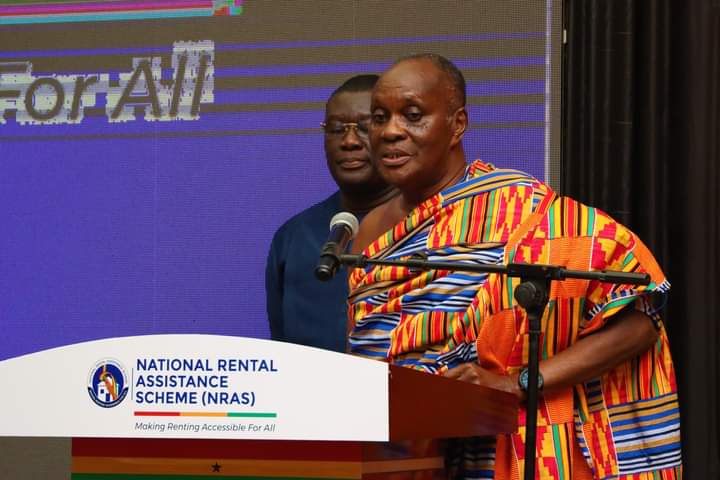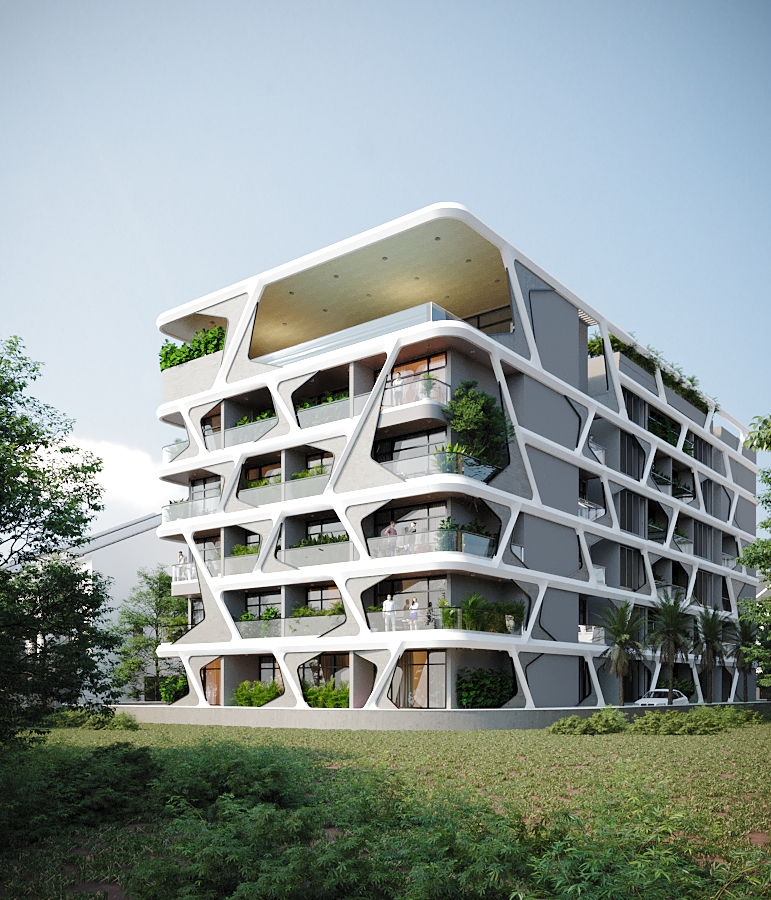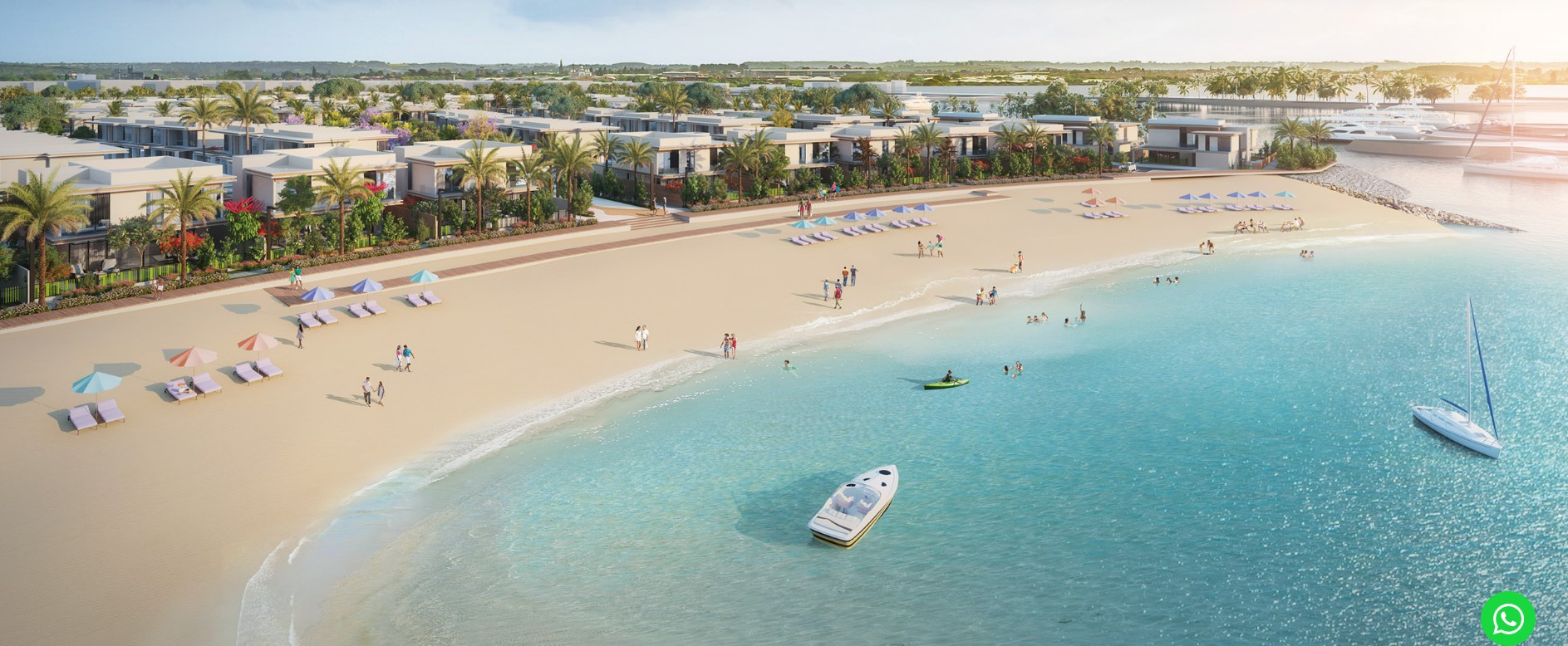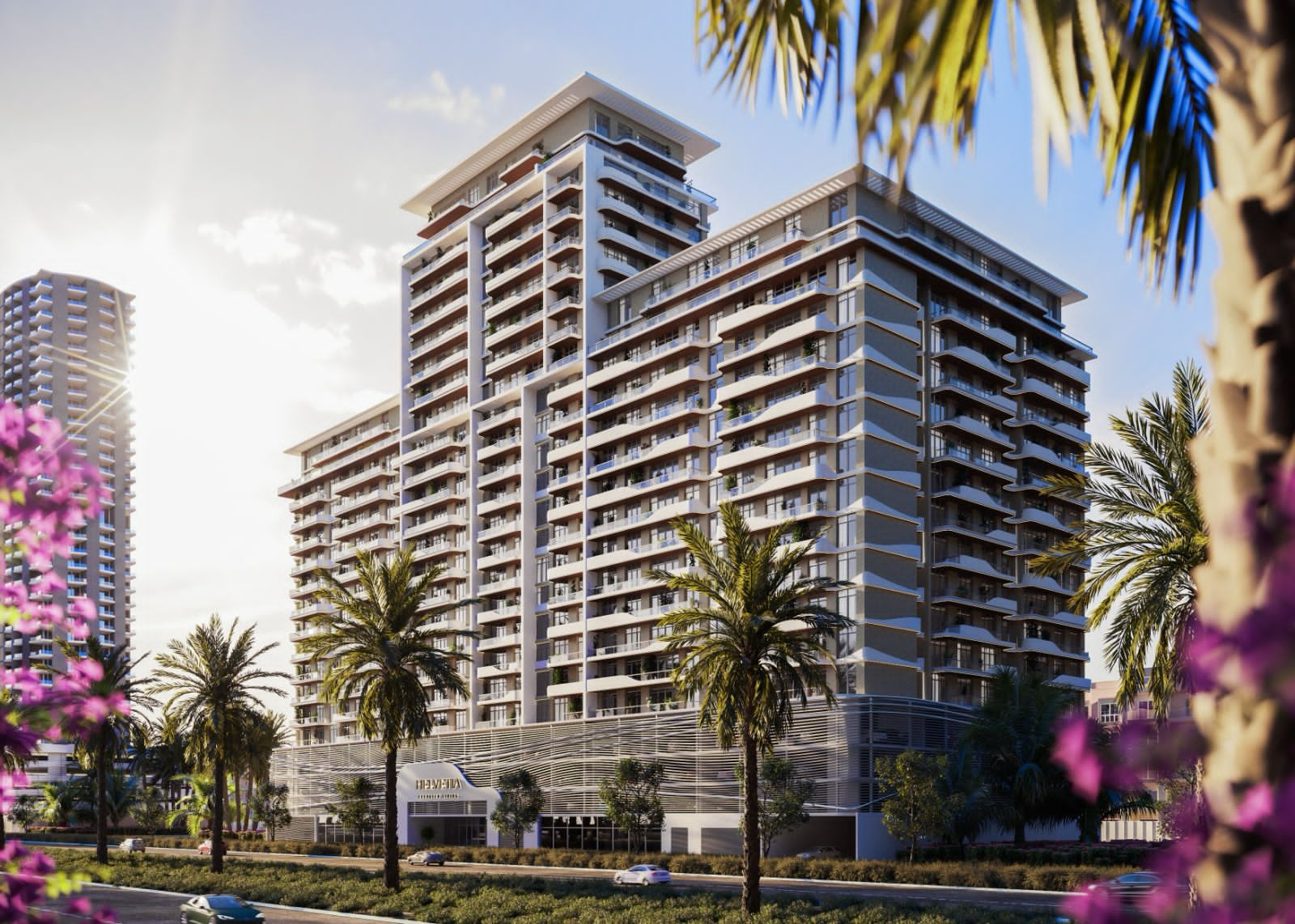The Ghanaian government has launched the National Rental Assistance Scheme as part of its efforts to provide Ghanaians with adequate housing.
The programme allows Ghanaians over the age of 18 with a valid national ID card and income-generating employment to receive a rent loan in five to ten working days.
Total rent is paid to the prospective landlord of the applicant, who in turn makes a monthly payment to the National Rental Assistance Scheme.
Applicants are anticipated to be evicted if they fail to comply with the monthly payment agreement.
The Scheme is anticipated to be implemented nation-wide, but will be piloted in five regions: Greater Accra, Ashanti, Western, Eastern, and Bono East.
Vice President Mahamudu Bawumia stated at the inauguration on the 31st of January in Accra that the five regions were “selected for the pilot program because they are the regions with the greatest rent pressure in the country.”
Dr. Bawumia stated that, unlike previous policies that were frequently marred by defaulters, the National Rental Assistance Scheme is a collaboration with private investors who won’t let their investments go to waste and will use any means possible to retrieve their funds, thereby eliminating any form of political interference.
In addition, he disclosed that the government, through the Ministry of Works and Housing, has introduced a measure to replace the current rent law, which was enacted more than 50 years ago and is no longer applicable.
“I am pleased to inform you that the government has made significant advances with regard to the housing market and rental administration. Government, acting through the Ministry of Works and Housing, has transmitted to Parliament, for consideration and approval, a bill to replace the Rent Act of 1963, Act 220. Current population growth, urbanization, housing availability, and general trends have rendered the 59-year-old law obsolete.
Furthermore, the Vice President emphasized that the passage of the rent measure will improve the rental market in Ghana and increase access to decent housing in the country.
“Additionally, the passage of this Act will improve the rental market in Ghana, and the bill is currently before the legislature; if passed, it will improve the quality of service provided by the Rent Control Office.”
Background
For far too long, Ghanaians have been required to pay Rent Advances. Potential tenants have been asked to pay rent in advance for more than two years by landlords and property owners.
Government and private developers have been unable to build enough affordable housing to meet the growth and demand for it.
Currently, it is estimated that Ghana will have a shortage of approximately 5 million rooms by December 2022, assuming each room has two occupants. And it is anticipated that this deficit will worsen as the population grows and rural-urban migration persists.
On the basis of these considerations, the National Rental Assistance Scheme was established to provide rent relief to the average Ghanaian renter, enabling rent payments to be made on a monthly basis, as is customary in most countries around the globe.
(Source: Citi Newsroom)










